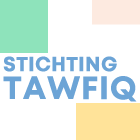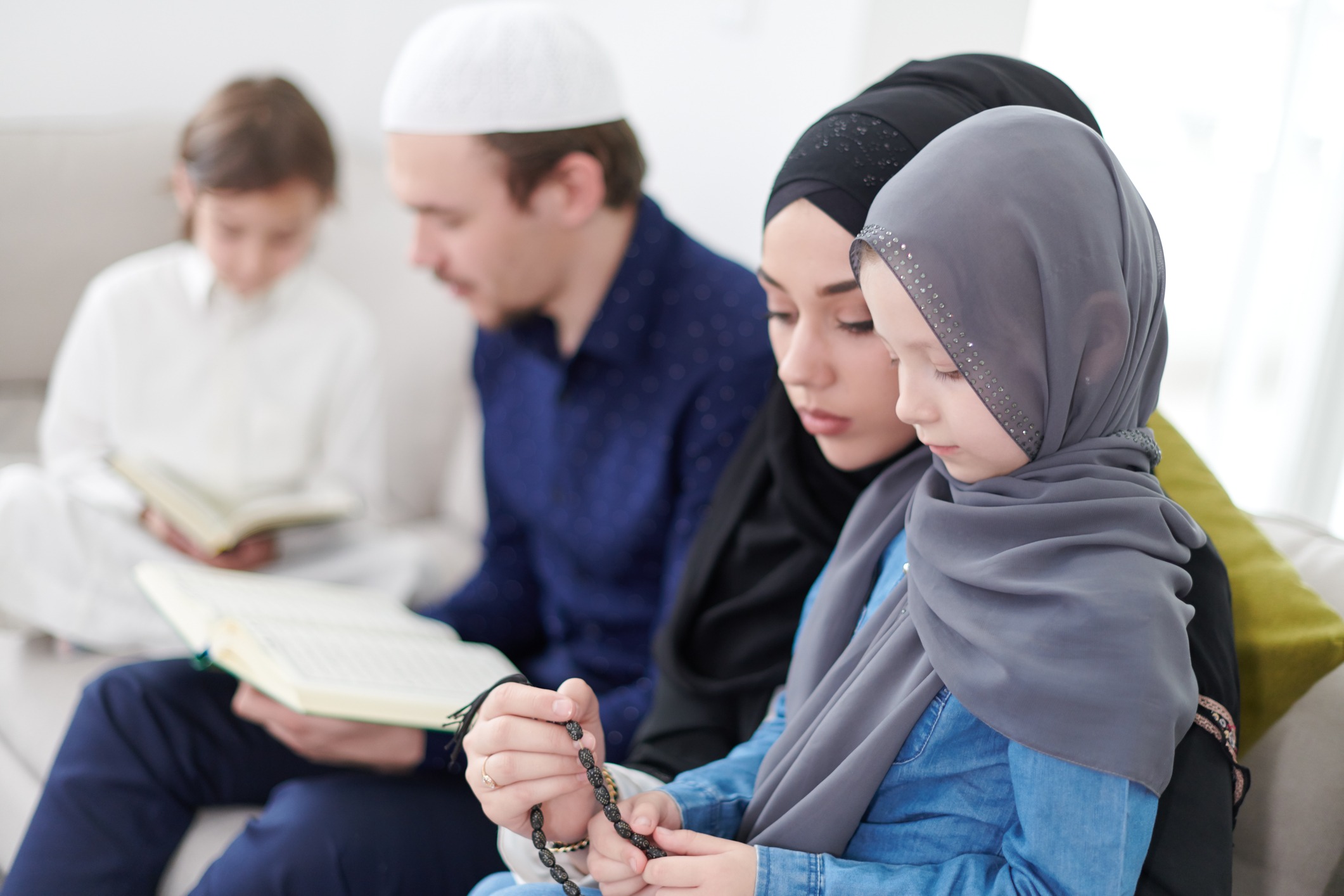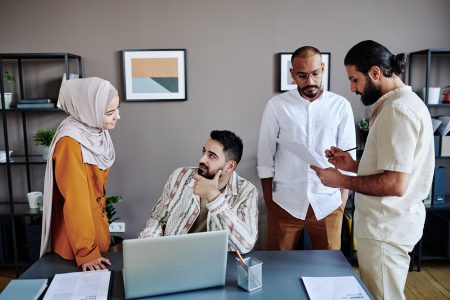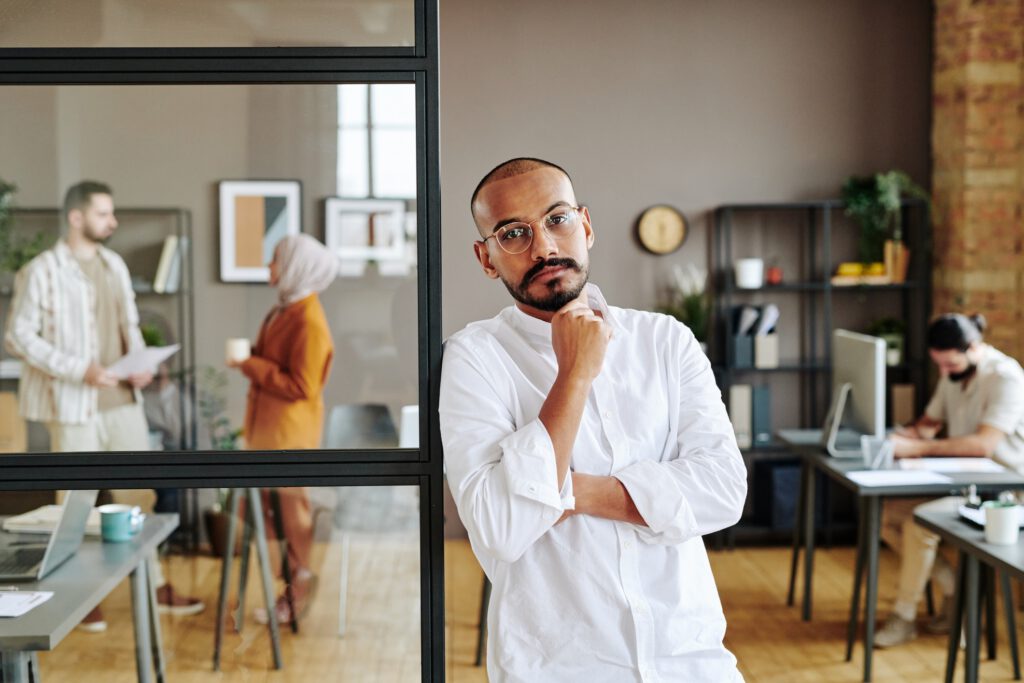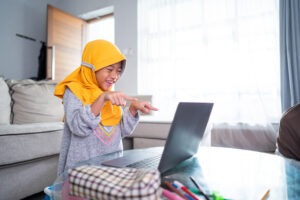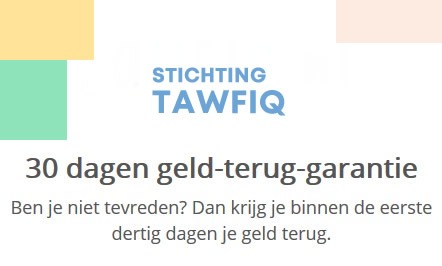-
Islamic knowledge, education and training
- How the Quran and other Islamic sources influence children's language development.
- The role of parents in encouraging language development in an Islamic context.
- The importance of learning Arabic as part of Islamic education.
- The influence of religious stories and prayers on language development in children in an Islamic context.
- How technology can be used to support language development in an Islamic context
“Language is the key to a successful Islamic education: invest in it!”
Language development is of great importance in Islamic education. Language is a powerful means of acquiring knowledge, expressing thoughts and ideas, and enabling communication with others. It is therefore essential that children are exposed to different languages in their early years so that they can develop these skills. In this article we will discuss the importance of language development in Islamic education and how parents can help their children with this. We will also discuss how language development can help strengthen the bond between parents and children, as well as increase their understanding of each other.
How the Quran and other Islamic sources influence children's language development.
The Quran and other Islamic sources can have a major influence on children's language development. The Quran is a religious text that is read and studied by many Muslims, making it an important source of language for children. It contains a lot of vocabulary, grammar and style for children to learn. Moreover, the Quran also contains stories about prophets, historical events and ethical lessons that help children increase their understanding of the world.
In addition, there are also other Islamic sources such as hadith (narrative literature) and tafseer (commentaries on the Quran). These sources provide even more information on various topics such as religion, history, culture and morals. Through this type of material, children can expand their vocabulary with vocabulary specifically aimed at the Islamic faith. They also learn how to think about different topics in relation to their religious beliefs.
In short, through the Quran and other Islamic sources, children can expand their language knowledge with vocabulary that is specifically aimed at the faith they adhere to. In addition, this material also provides information on various topics that will increase their understanding of the world.
The role of parents in encouraging language development in an Islamic context.
Parents play an important role in stimulating language development in an Islamic context. They can help their children learn the Quran, which helps them improve their language skills. Parents can also encourage their children to read and write more Arabic, which will help them expand their vocabulary. In addition, parents can ensure that there is sufficient opportunity for conversations with other people, so that the children gain more experience using language in different situations. Parents can also help their children by sending them to activity groups or Islamic studies and Arabic classes, where they can learn more about the language and culture. All this effort can really contribute to strengthening the language skills of young Muslims.
The importance of learning Arabic as part of Islamic education.
Learning Arabic is an important part of Islamic education. Arabic is the language in which the Quran and other religious texts are written, so understanding these texts requires you to know Arabic. Also, when you go to mosques, prayers are often said in Arabic, so knowing the language helps to be more involved in religious activities.
In addition, learning Arabic can also help you gain a deeper understanding of cultural traditions and norms associated with Islamic countries. By learning their language one can gain more insight into their way of thinking and acting, which in turn can help strengthen or improve intercultural relationships.
In short, through learning and understanding the Arabic language one can truly feel more connected to their beliefs and culture. It is therefore essential that children growing up in an Islamic environment are encouraged to learn Arabic as early as possible as part of their education.
The influence of religious stories and prayers on language development in children in an Islamic context.
Religious stories and prayers play an important role in children's language development in an Islamic context. The Quran, the sacred text of Islam, contains many stories that can help children learn new vocabulary and grammatical structures. Religious prayers can also be used to help children develop their language skills. Through repetition and memorization, children not only learn vocabulary, but also how to make meaningful sentences. Moreover, reciting religious verses or prayers also provides easy ways to communicate with other people, which helps in the development process.
The influence that religious stories and prayers have on language development in children may initially be positive, but it should also be taken into account that some aspects of the Qur'an or other religious sources may not be relevant to modern contexts. It is therefore important that teachers ensure that they adapt their lessons to contemporary situations and that they provide children with stimulating activities so that they can use their skills effectively in different situations.
How technology can be used to support language development in an Islamic context
Technology can play a major role in supporting language development in an Islamic context. There are several ways technology can be used to help children improve their language skills.
First, apps and websites can be used to help children better understand the Quran and other religious texts. Apps like Quran Academy provide interactive lessons, audio instructions, and practice exercises that children can use to improve their reading skills in the Quran. Websites such as IslamiCity can also provide useful information about Islamic traditions, culture and religious practices, helping children to understand their faith.
In addition, technology can also be used to make learning Arabic or other Islamic languages easier. There are many online courses available that contain audio instructions, videos and interactive practice exercises that can help student groups or individual learners improve their grammar, writing and listening skills in the language in question.
Finally, technology can also be used to keep student groups connected through online discussion group facilities such as forums or chat rooms in which they exchange ideas, discuss prejudiced religious topics, or discuss the meaning of various Quranic texts. This can help strengthen their communication skills and increase their understanding of various cultures from the Islamic world.
In summary: Using technology to support language development in an Islamic context can be done using apps, websites that offer interactive lessons, audio instructions, practice, online courses to practice grammar, writing and listening skills, and a discussion platform through which learners can exchange ideas to discuss the meaning of different Quranic texts and thus provide a more caring and effective language learning experience that appeals to children and helps with their personal language growth process the Islamic education is unmistakable. It is an essential part of education because it helps children strengthen their identity and allows them to understand their religious teachings. Additionally, it provides children with an opportunity to improve their communication skills, which can be beneficial to their overall academic performance. In addition, language development contributes to strengthening the bond between parents and children through conversations about religious values and norms. In short, language development plays an important role in Islamic education and should therefore be encouraged by parents and teachers.
